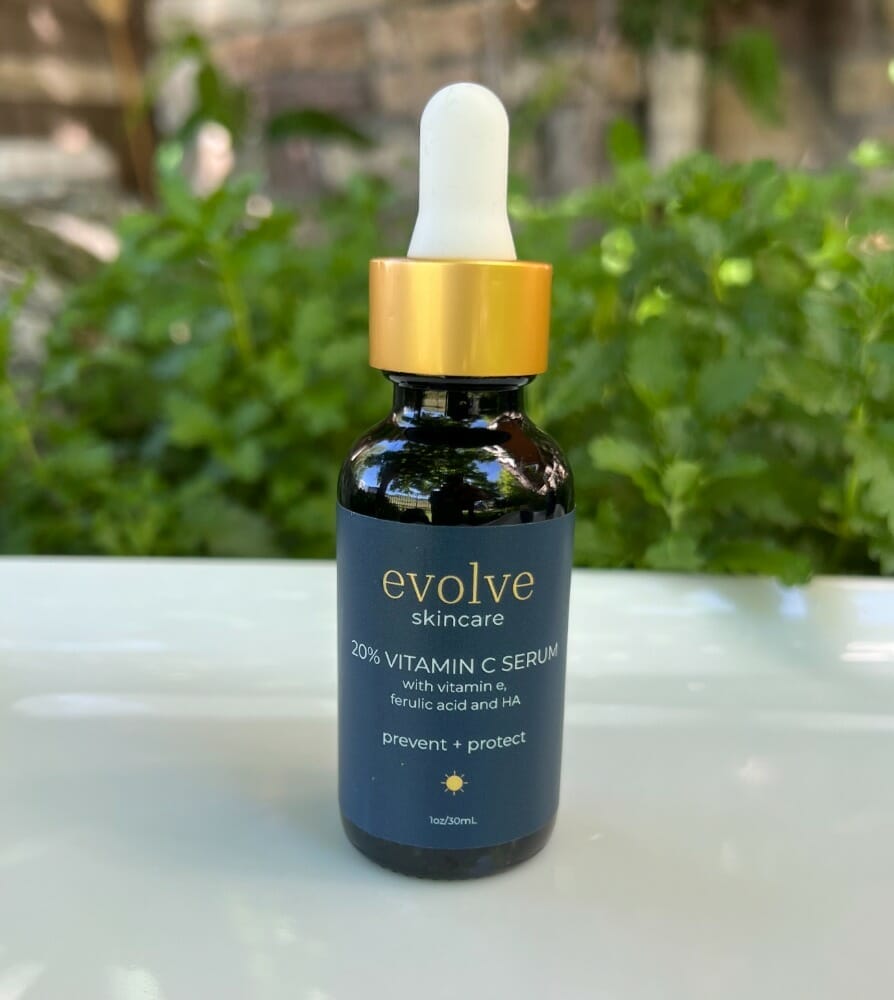
What is PDRN Growth Serum and what does it have to do with a “Salmon Sperm Facial”?
You might have heard of the so-called “salmon sperm facial”—and yes, it sounds a little wild at first. But behind the viral nickname is one of the most advanced regenerative treatments in modern aesthetics: PDRN therapy.
Derived from salmon DNA, polydeoxyribonucleotide (PDRN) is gaining serious attention for its ability to revitalize, repair, and restore skin at the cellular level. I’ll explain what it is, how it works, and why it’s worth the hype..
What is it- and why salmon?
At the heart of this skin-revitalizing treatment is a powerhouse ingredient called PDRN (polydeoxyribonucleotide)—a naturally derived DNA fragment that kickstarts your skin’s ability to repair, regenerate, and glow from within.
So, why salmon? Surprisingly, salmon DNA shares about 95% similarity with human DNA, making it incredibly biocompatible. The PDRN used in these treatments is carefully extracted from highly purified salmon sperm DNA, chosen for its purity, safety, and exceptional ability to stimulate collagen, improve elasticity, and boost skin renewal.
Multiple studies support the efficacy of PDRNs. They’ve been shown to:
- Stimulate fibroblast activity
- Promote collagen and elastin synthesis
- Aid in wound healing and tissue regeneration
- Have anti-inflammatory effects
Where Science Meets Aesthetics: Microneedling + PDRN Growth Serum
Microneedling, also known as collagen induction therapy, involves creating micro-injuries in your skin to stimulate your body’s natural healing processes and enhance serum absorption.
We use a special formulation of PDRN Growth Serum with:
- PDRN – a biostimulant from salmon sperm DNA. We use concentrated, medial-grade purified PDRN
- Hyaluronic Acid – for deep, long-lasting hydration
- Glutathione – a potent antioxidant that brightens and protects skin

Benefits of microneedling with PDRN Growth Serum:
- Collagen production for firmer, plumper skin
- Fibroblast activation, the cells that drive skin repair
- Reduction in dark pigmentation
- Deep hydration and plumping with hyaluronic acid
- Improved texture and tone for smoother, healthier skin
- Repair of cellular damage and strengthening skin barrier
- Reduction in inflammation, redness, and signs of irritation
These benefits are supported by clinical evidence showing that PDRNs improve hydration, elasticity, and overall skin regeneration.
Is this a safe treatment?
Yes—for most people, this treatment is extremely safe and well-tolerated. In fact, the wound healing properties of the PDRN result in less downtime and faster recovery than without them. The DNA used in the serum is highly purified, removing proteins and impurities that could trigger an immune reaction. However, individuals with fish or seafood allergies should avoid PDRN treatments as a precaution.
Mild redness, swelling, or pinpoint bruising may occur after treatment but usually resolves within a day or two.
PDRN Growth Serum vs. Platelet-Rich Plasma (PRP)
Check here to learn more about PRP.
Both PDRN and PRP are utilized for their regenerative properties in skincare, but they have some differences:
- Source: PRP is derived from your own blood, while PDRN is sourced from salmon sperm DNA
- Treatment Options: PRP can be injected into your skin for cell regeneration, whereas PDRN is only approved for topical use.
- Composition: PDRN contains a concentrated mix of purified DNA and peptides, whereas PRP primarily contains platelets and growth factors.
- Consistency: PDRN preparations can potentially offer more consistent results due to standardized production processes, while PRP efficacy can vary based on individual patient factors.

Why Some Patients Prefer PDRN Growth Serum:
- No blood draw required
- Consistent formulation
- Enhanced with hydrating and antioxidant ingredients
- Ideal for those whose growth factors may be suboptimal (due to age, lifestyle, or medications)
What to expect with your PDRN + Microneedling treatment:
At Evolution Dermatology, we typically recommend a series of 3–4 treatments spaced 3-4 weeks apart, then every 6 months thereafter to maintain optimal results. Treatments are performed with microneedling to enhance absorption and collagen stimulation. Learn more about microneedling treatment here.
The Bottom Line
PDRN therapy is one of the most exciting breakthroughs in regenerative aesthetics today. Safe, effective, and backed by science, this innovative treatment uses DNA-based repair to visibly rejuvenate the skin—improving hydration, firmness, and natural radiance.
At Evolution Dermatology, we’re proud to offer this leading-edge approach to skin health, combining medical experience with proven aesthetic results.
Ready to uncover your skin’s full potential?
Book an appointment or consultation at Evolution Dermatology and experience the power of DNA-driven skin renewal—for a firmer, brighter, more youthful you.









